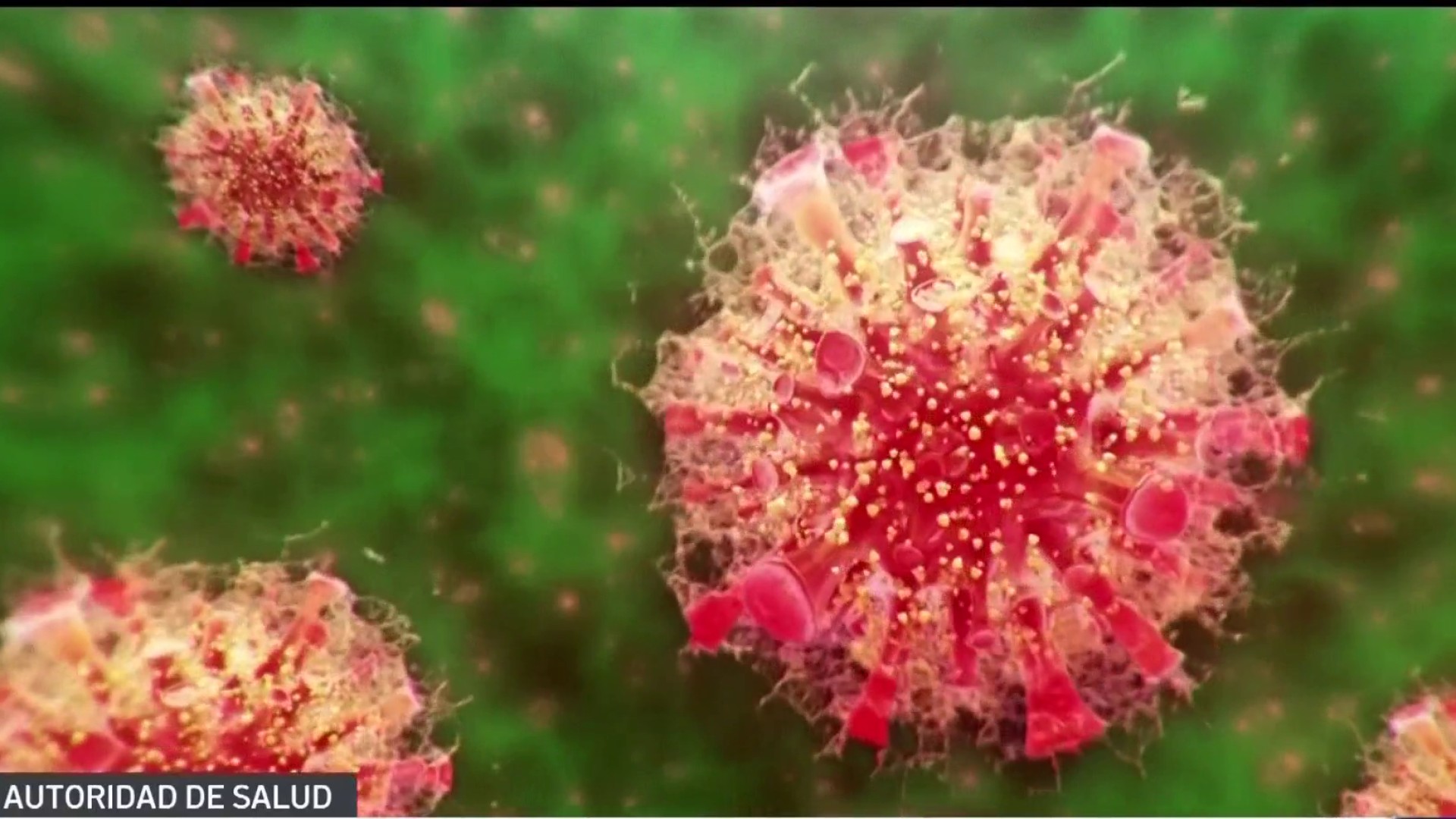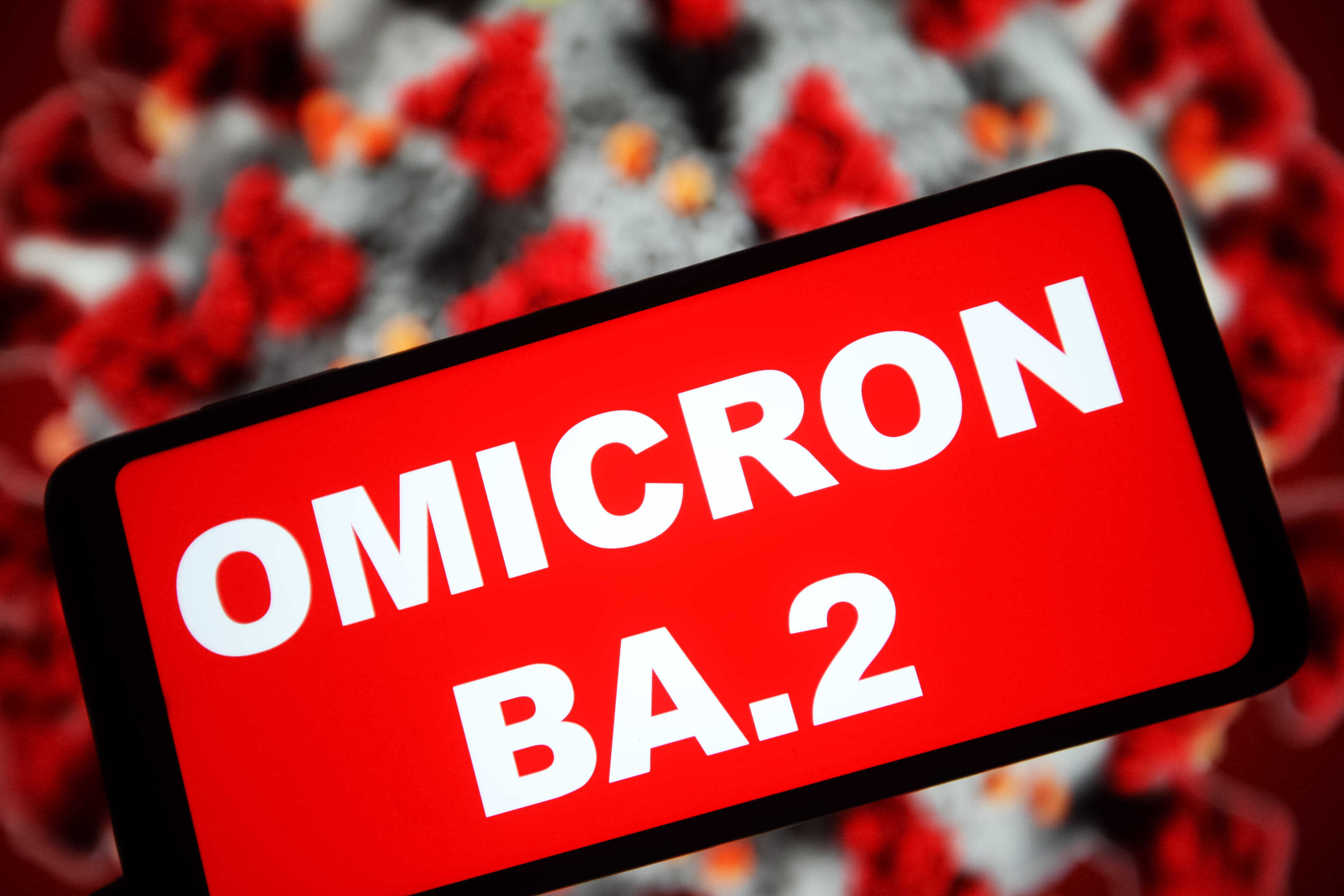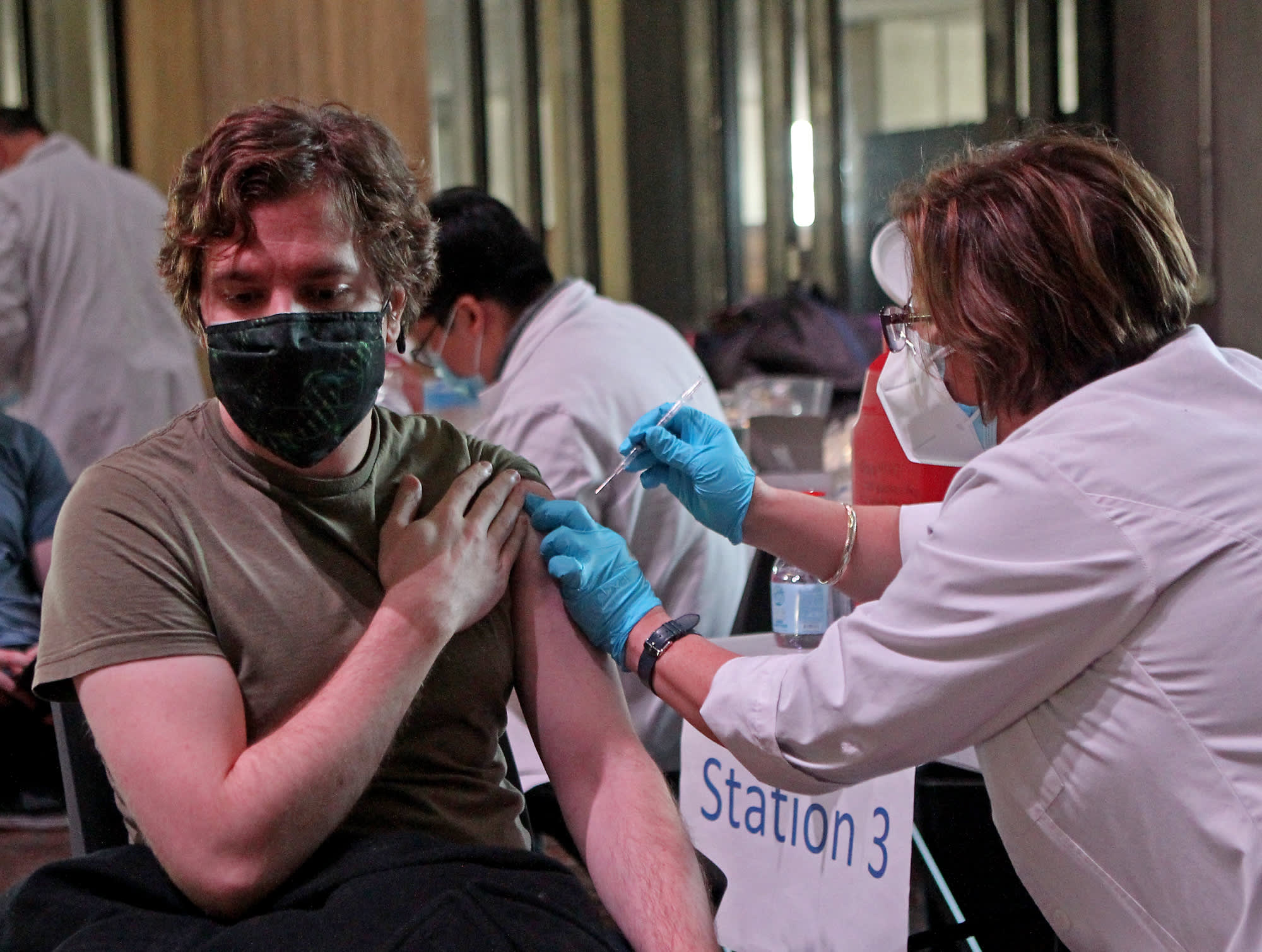The more contagious omicron subvariant BA.2 has become the dominant COVID-19 strain in the U.S., but international health experts are putting an increased focus on a new hybrid variant that may even be more infectious.
The XE variant is a recombinant, meaning it is comprised of genetic material from two other strains, which in this case are BA.1, the original strain of omicron, and BA.2, known as "stealth omicron."
According to an epidemiological update published March 29 by the World Health Organization, estimates show XE is 10% more transmissible than BA.2, however the findings require further confirmation.
The variant was first detected in the United Kingdom in mid-January, and since then, 600 cases have been reported in the country.
The United Kingdom's Health Security Agency has said it is monitoring XE along with two other recombinants, XD and XF, which are made up of the Delta and BA.1 strains.
U.K. health authorities explained in late March there was "insufficient evidence to draw conclusions about growth advantage or other properties of this variant," but addressed initial reports about its infectiousness.
"This particular recombinant, XE, has shown a variable growth rate and we cannot yet confirm whether it has a true growth advantage," said Susan Hopkins, chief medical advisor for UKHSA.
Recombinant variants themselves, however, are not out of the ordinary, according to health officials.
"Recombinant variants are not an unusual occurrence, particularly when there are several variants in circulation, and several have been identified over the course of the pandemic to date," Hopkins stated. "As with other kinds of variant, most will die off relatively quickly."
Feeling out of the loop? We'll catch you up on the Chicago news you need to know. Sign up for the weekly Chicago Catch-Up newsletter.
WHO said it "will continue to closely monitor and assess the public health risk associated with recombinant variants" and will "provide updates as further evidence becomes available."




